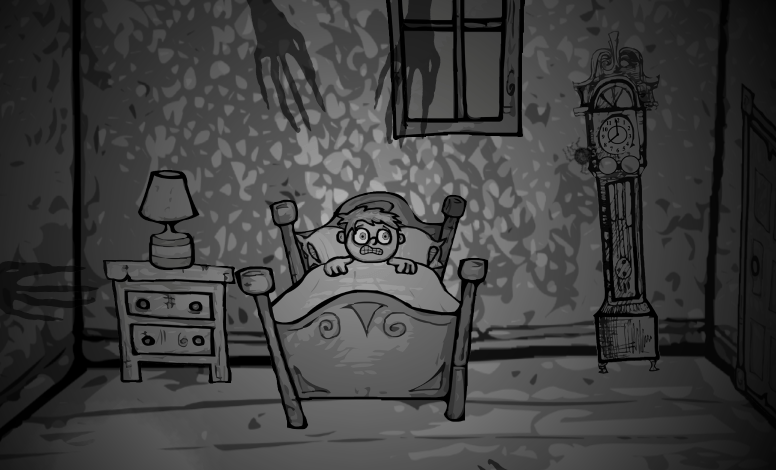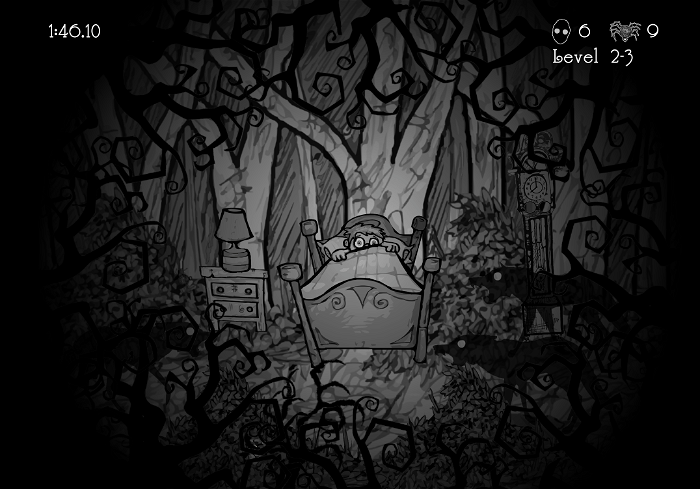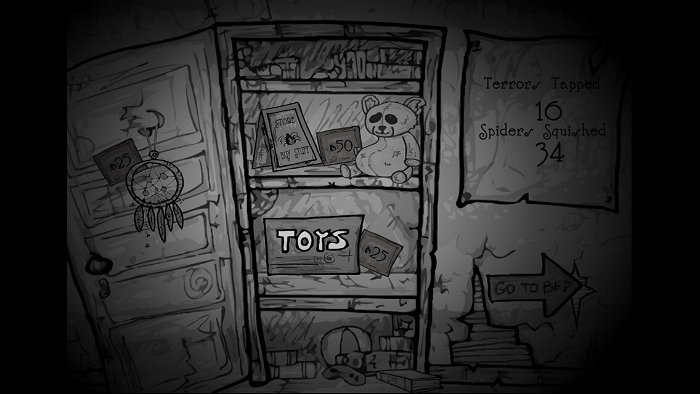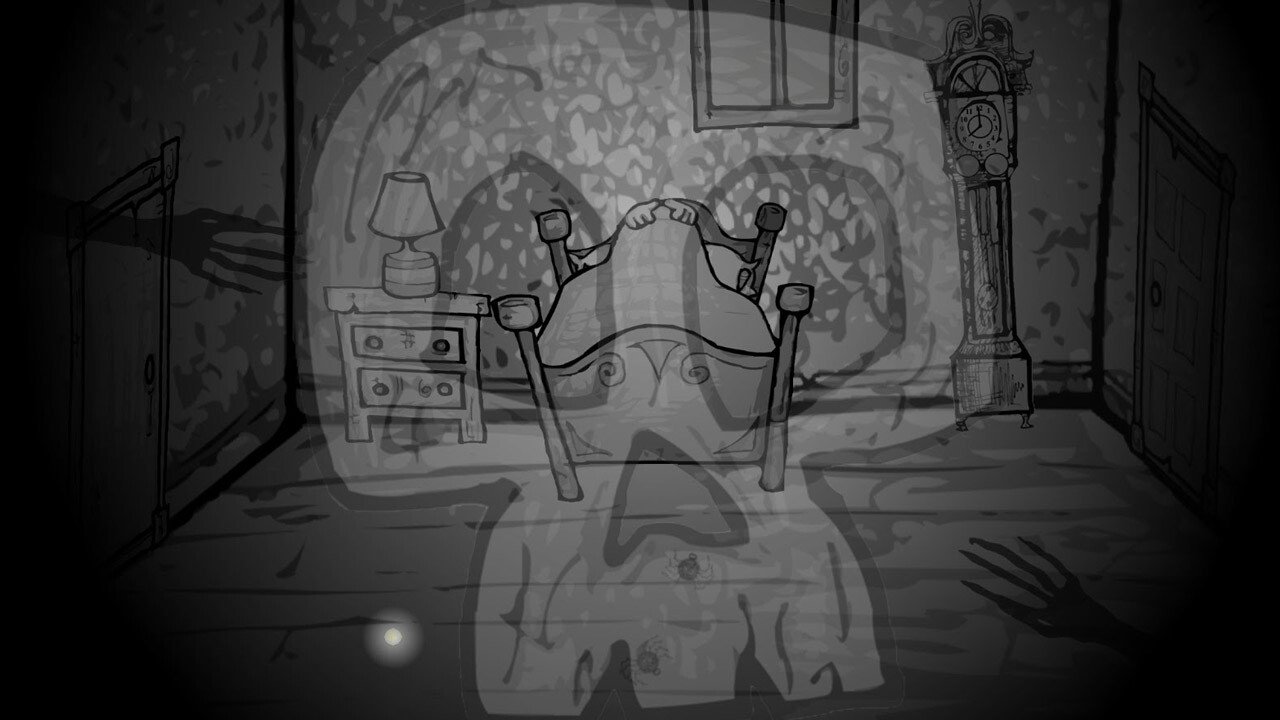There are two sides that make up the video game industry: The press, and the developers and publishers. Though both share their love for videogames, they have different roles in the industry. One is the creative force providing the product, while the other ensures that product is known to the public, and shares some insight into whether or not it’s any good. They inevitably view the industry, and all of its faults and positives, through different lenses. But how is the transition from writing about games, to actually making them like? Just how different is the experience working on either end?
“It’s very different, that’s for sure,” replied Nathan Meunier, freelance writer and co-founder of indie studio Touchfight Games. “As a writer, I’m often profiling studios, critiquing games, or covering trends in the industry. There’s a lot of room for creativity in how I approach my writing, but as a game maker, I’m being creative on a whole different level. It’s pretty awesome to be able to come up with concepts for games I’d like to play, and then make it happen.”

Meunier has been covering games, technology, and entertainment for over a decade now, but he made the jump to game development only just last year with Touchfight Games’ first title, Go To Bed: Survive The Night. Meunier made this transition almost accidentally after dabbling with Game Maker: Studio. After working on the game for several months with the rest of the development team, like Jon Kenyon — Lead Programmer, and Leonard Kenyon — Lead Artist, Meunier’s perspective on development, and games in general drastically changed — mostly for the positive.
“Instead of having to analyze and critique features, I play games and soak up the cool ideas, art style, and mechanics I’m experiencing,” says Meunier. “I see things that I dig, and this often triggers creativity and ideas that spin out into things I can gain insights into making our own games. It’s a neat way to experience games through a different lens. Having now been through the crazy tail-end dev crunch and the other obstacles that come along with game development, it definitely gives me a broader appreciation for what goes into making a game.”

Being a developer carries with it a prodigious amount of unpredictability, and a work schedule that demands that you never rest on your laurels. Though being in the press, and writing about games is a difficult job in its own right — one that has its own set of exciting, but equally strenuous obstacles — the process eventually becomes comfortably predictable, while still staying challenging. Developers don’t have the same privileges, as there are always new obstacles to overcome every day.
“The pace of the work is very different,” said Greg Kasavin, former editor-in-chief at GameSpot and current developer and writer at Supergiant Games, after being asked how it has been like as a developer thus far. “At GameSpot the pace was nonstop, between 100 miles an hour and 140 miles an hour all the time. At a game studio, the range is more like 0 to 150. By the end of my career as a game critic I felt relatively confident in my ability to do the core aspects of my job.
“It was a difficult and strenuous job, physically in terms of the hours as well as emotionally, but I was comfortable in my capacity to do it. I’ve now been in game development for about eight years but am not yet approaching that same comfort level. It is a constant learning process, and a sense of comfort lasts for a very short time if it ever happens.”

It is important to keep in mind however, that there is a slight advantage for those that have transitioned, and currently are transitioning from games media, to development. Apart from dissecting a video game for several years — digging through what worked, and what didn’t — and having a slight idea on how to deliver a product people might enjoy because of that mindset, the experience of working with a group of people, and having a basic knowledge of how games work does help for former video game writers-turned-developers.
“My experience as a critic for sure helped me as a developer, by giving me a strong sense of my own preferences about games, a broad base of references to draw on when evaluating games, and experience working with multi-disciplinary teams,” says Kasavin. “I’ve found that my background as editor-in-chief of one of the biggest gaming sites is rarely acknowledged by my colleagues — no game developer has ever put me on a pedestal for my opinions — but for sure it has been useful to me, and helps make up for the fact that I got into game development later than many game developers.”
Meunier agrees, as he believes he can better understand, and respect the criticism that he, and his team will inevitably receive from people playing their games. Meunier has found that, if he does hit a lull during development, and starts questioning his next step, analyzing his work through a critic’s point of view will help.

“I think it definitely has been useful in helping to determine what works and what doesn’t in the games we’re making,” said Meunier, when asked if being a games writer has proved to be invaluable. “I find it’s a lot easier to put on my critic’s hat and look at what we’re doing and go ‘yeah, that’s not going to work, people aren’t going to dig that’ or ‘hell, yeah that’s perfect!’ That’s not to say our games will resonate with everyone, but I think it definitely is useful to be able to anticipate some of the positive and negative comments that folks will likely find with our games, and then use that to guide development as much as possible.”
Developing games is difficult and time consuming, and often takes up years of people’s lives, and this process often remains a secret, unbeknownst to the public and the press. It can be argued that there is a slight disconnect between both parties — critics and fans won’t ever be able to understand what it takes to create a video game without actually trying it out first. A certain sense of transparency from developers, and a higher level of appreciation from journalists, and the rest of the press might prove to be beneficial.
But as someone who has been at both sides, Kasavin thinks otherwise. He believes that whether or not there’s a slight disconnect between critics and developers shouldn’t matter, mainly due to their widely different job roles, and responsibilities that they have.
“Game critics and game developers have different jobs,” he says. “They should not be expected to understand each other’s jobs, when it can be difficult for them to understand their own jobs. I feel it’s a game critic’s job to understand games and be articulate about them, but not necessarily to understand game developers. A game critic does not need to know precisely how a game was created, just needs to be able to evaluate the end result in an articulate way. Games critics are there to serve their readers. As for developers, I think deep down the vast majority of them are more critical of their games than their critics.”
But after eight years as a developer, Kasavin believes there is one thing both parties should understand about each other: “Everyone works hard.” The relationship between both might be tenuous at times, especially when it comes to particular op-eds, poor reviews, and breaking news about things a developer and publisher didn’t want to go public. But despite this, and how widely different writing about games can be from actually making them, both are vital components of the games industry that benefit greatly from each other. And one of those benefits are the various, slight advantages that follow a games writer-turned-developer.




